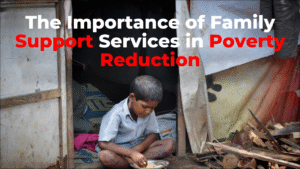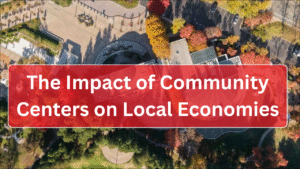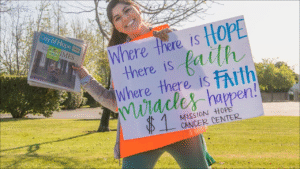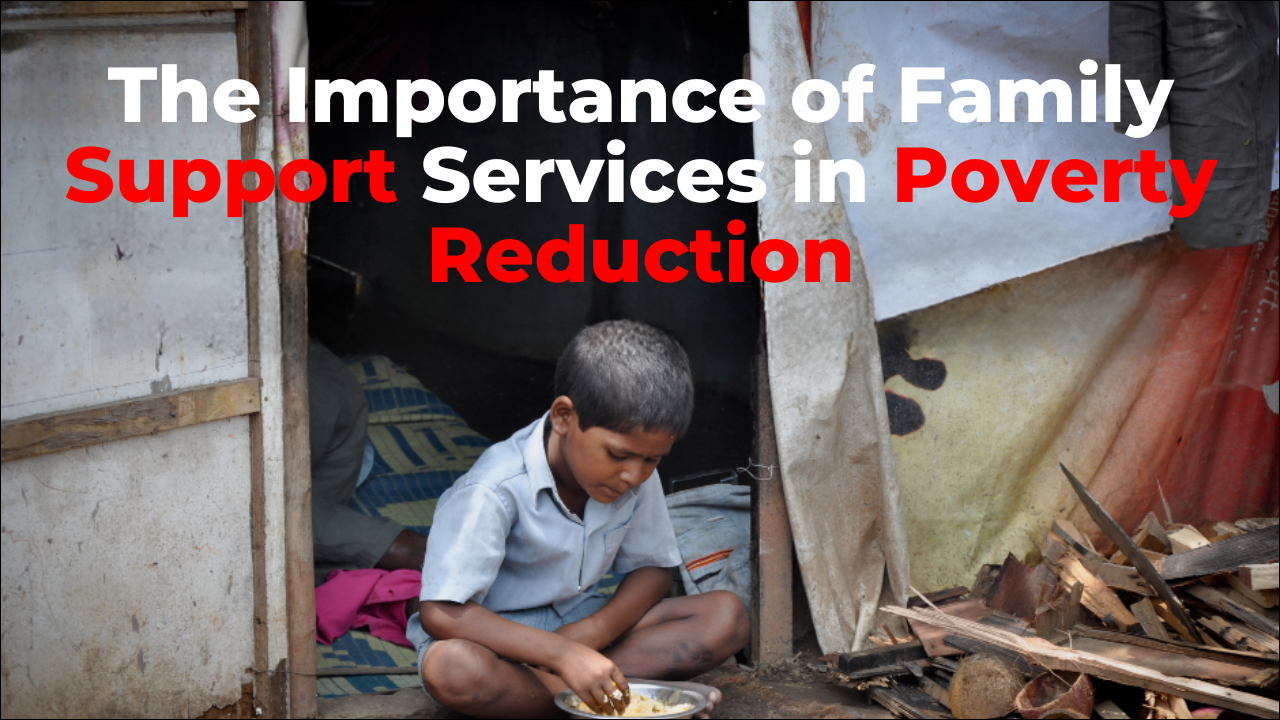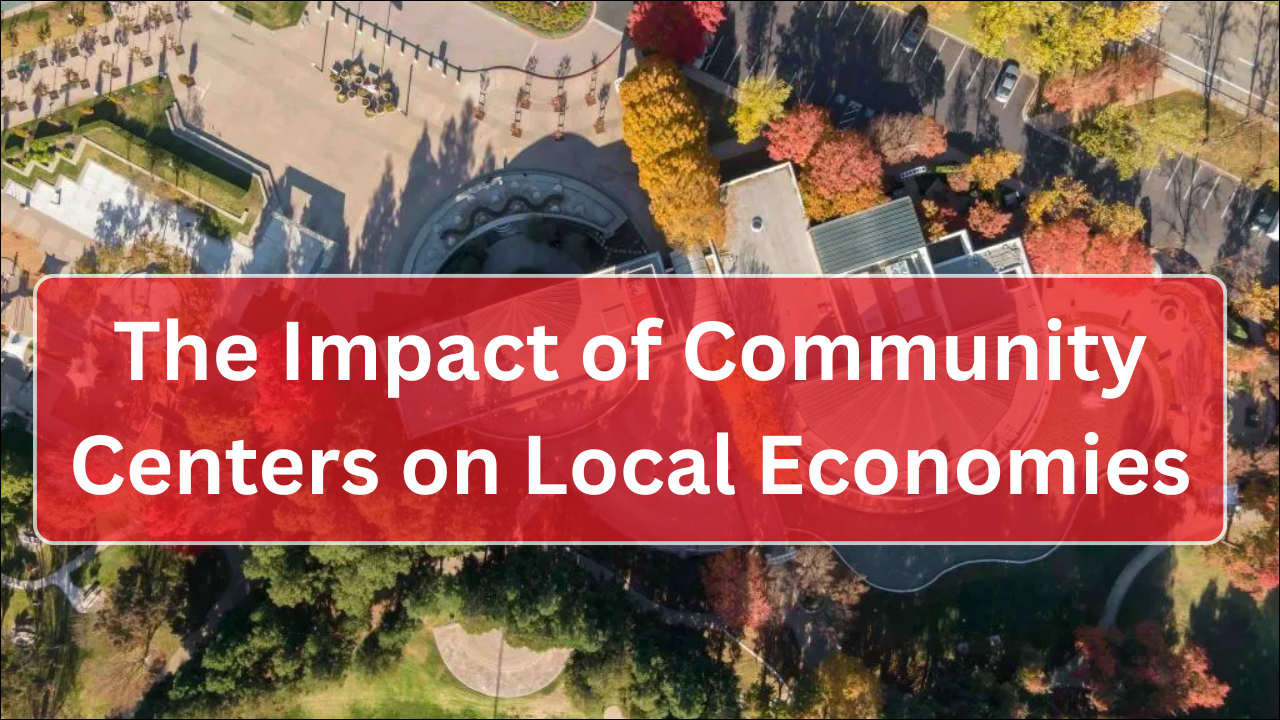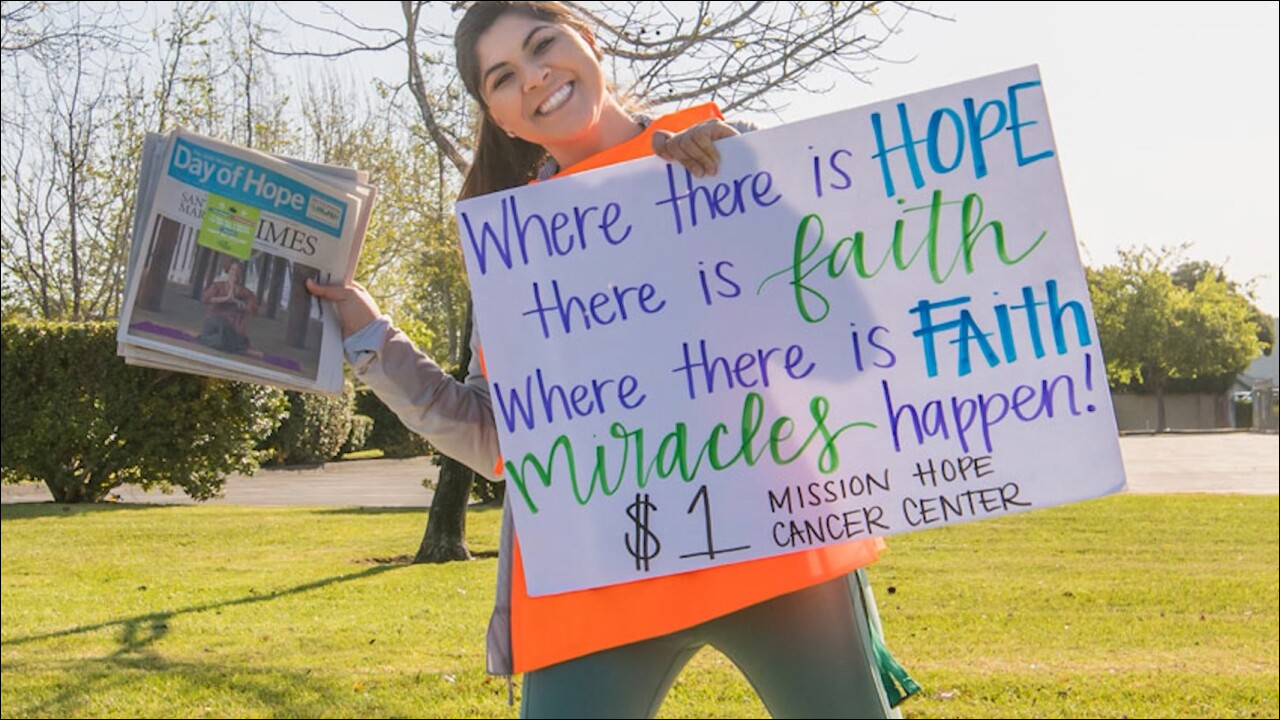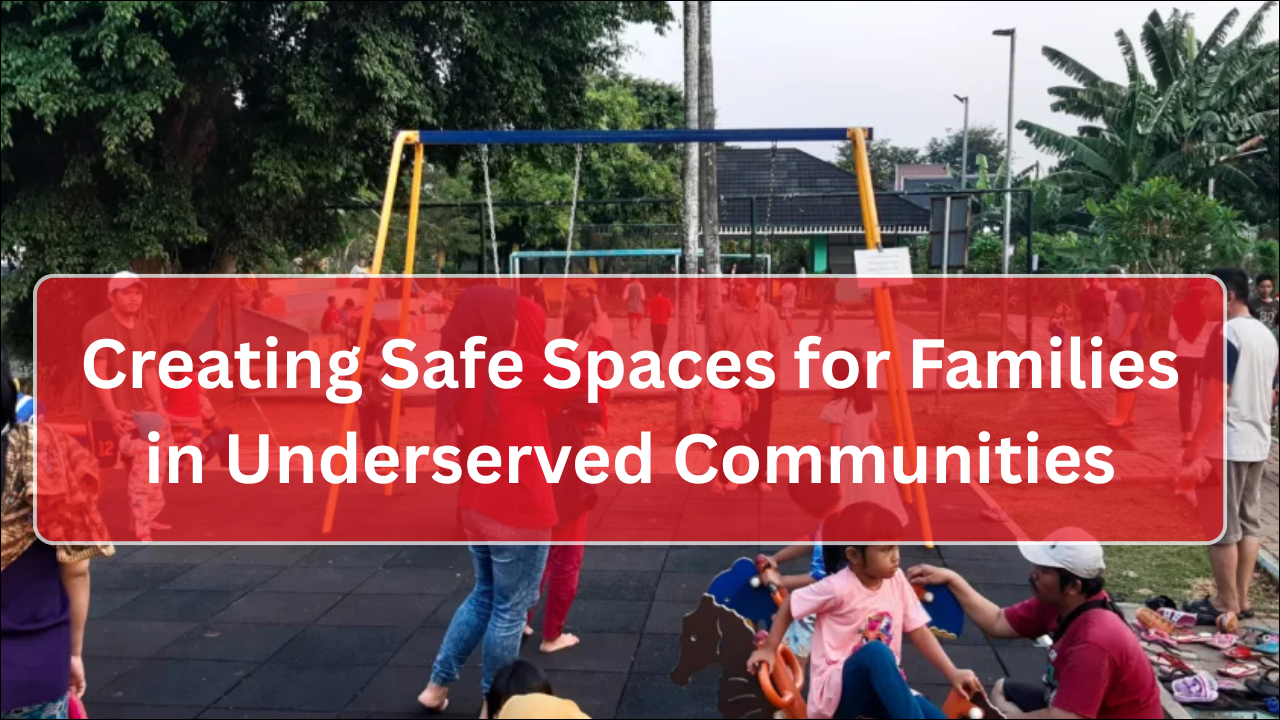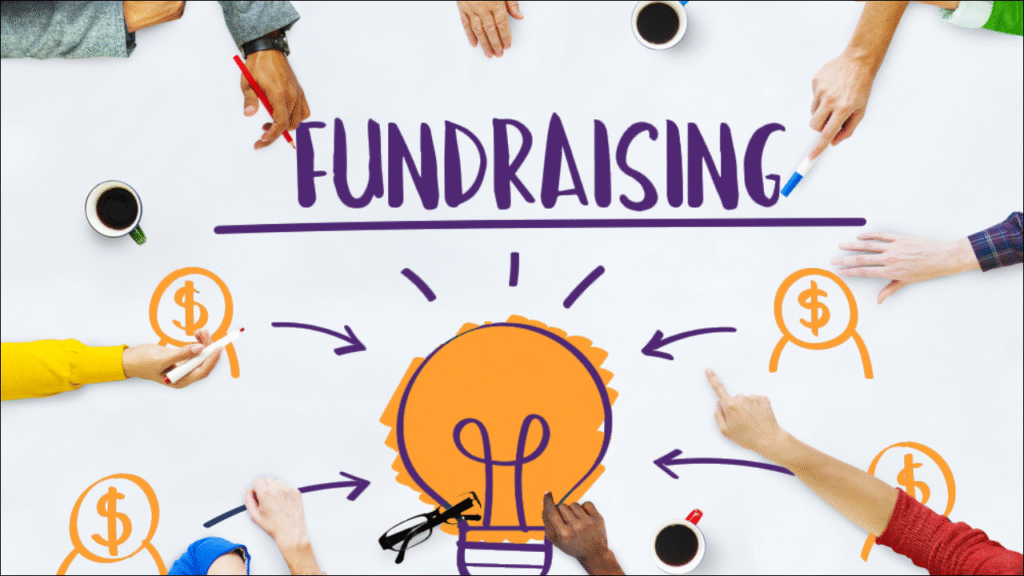
Fundraising is a critical way to support organizations like The Hope Center for Families, enabling them to provide essential services such as education, healthcare, nutrition, and workforce development for underserved families. Well-organized fundraising efforts not only generate financial resources but also raise awareness, build community engagement, and strengthen networks of support. By planning thoughtful events, campaigns, and partnerships, individuals and organizations can create meaningful impact for families in need.
Table of Contents
1. Understanding the Purpose of Fundraising
Fundraisers help sustain and expand programs that serve low-income families.
- Generate financial resources to support programs and operational needs.
- Increase awareness of the Center’s mission and services.
- Strengthen community partnerships and volunteer networks.
- Engage donors and stakeholders in long-term support and advocacy.
2. Types of Fundraising Events
Diverse event types appeal to different audiences and maximize engagement.
- Gala Dinners and Benefit Concerts: High-profile events that attract donors and sponsors.
- Community Walks or Runs: Encourage public participation while raising funds through sponsorships.
- Online Crowdfunding Campaigns: Utilize digital platforms to reach a wide audience.
- Silent Auctions and Raffles: Offer prizes donated by local businesses to raise funds.
- Workshops and Educational Seminars: Combine fundraising with awareness-building activities.
Fundraising Event Types and Benefits
| Event Type | Audience | Benefit to The Hope Center |
|---|---|---|
| Gala Dinners | High-net-worth donors, community leaders | Significant fundraising and media exposure |
| Community Walks/Runs | Local residents, families | Broad community engagement and donations |
| Online Crowdfunding | Social media followers, remote supporters | Low-cost, wide-reaching fundraising |
| Silent Auctions/Raffles | Local businesses, supporters | Fund generation and community partnerships |
| Workshops/Seminars | Educators, families, professionals | Awareness and education, along with funds |
3. Planning a Successful Fundraiser
Proper planning is key to maximizing the impact of any fundraising event.
- Define Goals: Set clear financial targets and objectives for awareness or engagement.
- Identify Audience: Tailor events and communications to reach potential donors and participants.
- Budgeting: Plan expenses to ensure fundraising efforts generate net positive returns.
- Logistics: Secure venues, permits, vendors, and volunteers as needed.
- Marketing and Promotion: Utilize social media, local media, newsletters, and community networks to spread the word.
4. Engaging Donors and Sponsors
Building strong relationships with donors and sponsors ensures sustainable support.
- Offer recognition through naming opportunities, event signage, or social media mentions.
- Provide regular updates on how funds are used and their impact.
- Develop sponsorship packages with tiered benefits to attract businesses.
- Encourage recurring donations through membership or donor programs.
Donor and Sponsor Engagement Strategies
| Strategy | Purpose | Impact on The Hope Center |
|---|---|---|
| Recognition Programs | Public acknowledgment of contributions | Encourages continued support |
| Impact Reports | Show tangible results of donations | Builds trust and transparency |
| Tiered Sponsorship Packages | Offer different benefits to businesses | Attracts corporate partnerships |
| Recurring Donations | Monthly or yearly contributions | Provides stable funding for programs |
5. Incorporating Community Participation
Community involvement enhances fundraising success and visibility.
- Engage volunteers to help with event setup, promotion, and management.
- Involve local schools, churches, and organizations to broaden reach.
- Encourage family-friendly activities to attract parents and children.
- Create interactive experiences, such as games, performances, or challenges, to boost engagement.
6. Digital Fundraising Strategies
Online tools expand fundraising reach and simplify donation processes.
- Crowdfunding platforms like GoFundMe or Classy enable easy contributions.
- Social media campaigns highlight stories, successes, and event updates.
- Email newsletters and campaigns provide regular calls to action for donors.
- Virtual events, such as webinars or online auctions, allow participation beyond local communities.
Digital Fundraising Tools and Outcomes
| Tool | Function | Impact |
|---|---|---|
| Crowdfunding Platforms | Online donation collection | Access to global supporters |
| Social Media | Campaign promotion, storytelling | Increased awareness and engagement |
| Email Campaigns | Direct communication with donors | Encourages repeat donations |
| Virtual Events | Webinars, online auctions | Broad participation and flexibility |
7. Tracking and Evaluating Fundraising Success
Monitoring outcomes ensures continuous improvement and accountability.
- Track total funds raised against goals to measure success.
- Monitor attendance, engagement, and participation metrics.
- Collect feedback from participants, donors, and volunteers to improve future events.
- Document impact on programs and families served to demonstrate value to donors.
8. Leveraging Fundraisers for Long-Term Support
Fundraising events can build lasting relationships and sustained support.
- Convert one-time donors into recurring supporters through follow-up communication.
- Establish partnerships with local businesses for ongoing sponsorships.
- Share success stories to maintain engagement and encourage advocacy.
- Encourage volunteerism alongside donations to strengthen community bonds.
Long-Term Fundraising Benefits
| Benefit | Description | Impact on The Hope Center |
|---|---|---|
| Recurring Donations | Ongoing financial support | Stable program funding |
| Community Engagement | Stronger local networks | Increased volunteer participation |
| Awareness & Advocacy | Highlighting programs and needs | Broader support for families |
| Partnerships | Business and organizational collaborations | Expanded resources and opportunities |
End Notes
Organizing fundraisers is an essential strategy for sustaining and expanding the services of The Hope Center for Families. Through careful planning, community engagement, donor relations, and innovative digital strategies, fundraisers generate resources, raise awareness, and strengthen networks of support. By leveraging these events effectively, communities can ensure that low-income families have access to education, healthcare, nutrition, and workforce development programs, creating pathways to stability and long-term empowerment.

